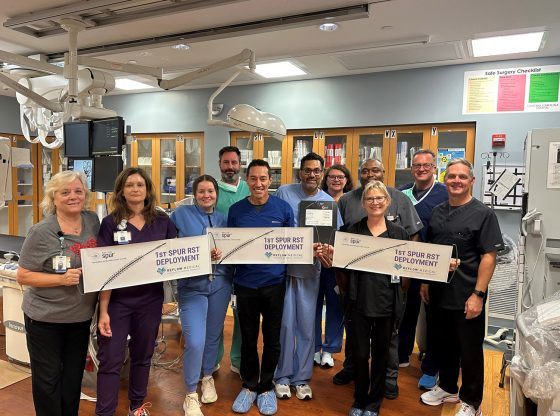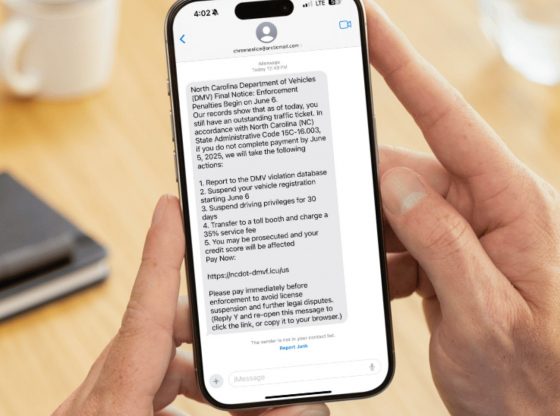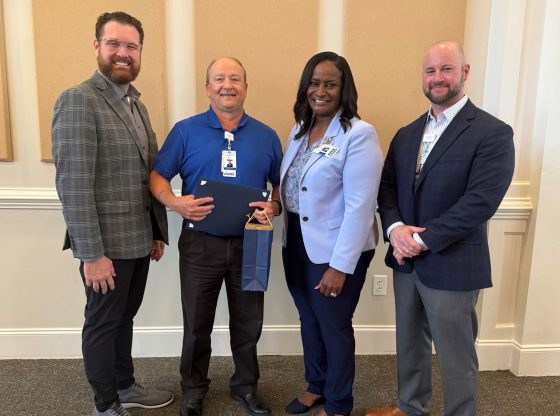State officials have directed Chemours to provide bottled water to 11 homeowners near the company’s Fayetteville Works facility after the company’s preliminary test results showed GenX above state health goals in residential drinking wells.
The state Department of Environmental Quality and Chemours started testing residential wells near the facility after GenX was detected in 13 industrial, non-drinking water wells on the facility’s property. Chemours is testing the private wells for GenX. DEQ is testing private wells near the facility also, but in addition to testing for GenX, the state agency is also testing for two other fluorinated compounds, PFOA and PFOS. The state agency is testing for the three fluorinated compounds because they all have established health goals. The state expects its test results in the coming weeks.
To date, Chemours has received preliminary test results for 32 residential wells for people living near the facility. GenX was not detected in 13 residential wells. GenX concentrations were found below the state’s provisional health goal of 140 parts per trillion for eight other residential wells. The 11 homeowners with GenX levels above the state’s provisional public health goal were supplied with bottled water and health information about GenX. Most of the 11 wells with elevated GenX levels are north of the facility.
The company’s test results have not been validated. Out of an abundance of caution, the state directed the company to supply bottled water to residents after receiving word Friday of the first batch of preliminary test results, and then again on Tuesday when Chemours notified the state of another batch of preliminary results.
“We want to make sure people with elevated concentrations of GenX in their wells have an immediate alternative water source,” said Michael Regan, secretary of the N.C. Department of Environmental Quality. “Making sure people have clean drinking water is our top priority.”
This week, DEQ has continued collecting water samples for residential wells nearest the facility. As of Wednesday, DEQ had collected water samples for 31 residential wells in Bladen and Cumberland counties. The state will send samples to Gel Laboratories in Charleston, S.C. for analysis and use the results of testing to determine if people need alternative sources of water and if GenX or the two other fluorinated compounds produced at the facility have moved into the surrounding community. If tests reveal levels of any of the fluorinated compounds above established health goals, the state will direct Chemours to provide affected homes with alternative water and health information on the compounds.
It’s important to understand that the state’s provisional health goal for GenX represents the concentration of GenX at which no adverse, non-cancer health effects would be anticipated in the most sensitive populations over an entire lifetime of exposure.

















